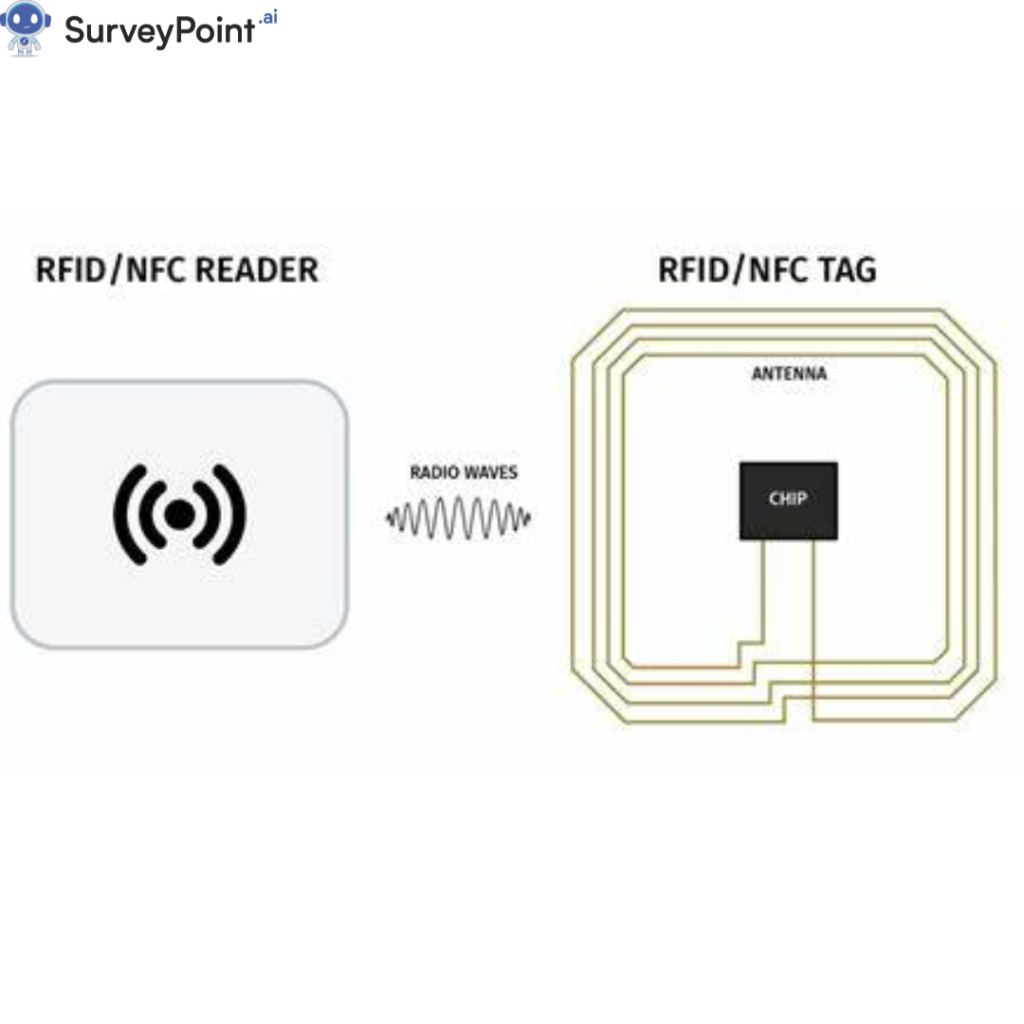
Pursuing a Master of Business Administration (MBA) is a significant investment in your career and personal development. However, the journey can be demanding, filled with academic challenges, intense networking, and the pressure to succeed in a competitive environment. This blog will provide a comprehensive guide on how to effectively navigate the MBA experience, offering six key strategies to manage the pressures and maximize the benefits of your program.
1. Time Management: The Foundation of Success
Time management is crucial for MBA students, as the workload can be overwhelming. Balancing classes, group projects, networking events, and personal life requires meticulous planning.
A. Prioritization:
- Identify your most critical tasks and allocate time accordingly.
- Use the Eisenhower Matrix to categorize tasks based on urgency and importance.
B. Creating a Schedule:
- Use digital tools like Google Calendar or Trello to organize your tasks and deadlines.
- Block out time for studying, networking, and self-care to avoid burnout.
C. Flexibility:
- Be prepared to adjust your schedule as needed. MBA programs are dynamic, and flexibility will help you manage unexpected demands.
D. Delegation:
- In group projects, learn to delegate tasks based on each member’s strengths. This not only eases your workload but also fosters teamwork and leadership skills.
2. Networking: Building Meaningful Connections
Networking is a cornerstone of the MBA experience. The relationships you build during your MBA can lead to job opportunities, partnerships, and lifelong friendships.
A. Active Participation:
- Attend networking events, guest lectures, and social gatherings organized by your business school.
- Engage in conversations with peers, professors, and industry professionals.
B. Online Presence:
- Maintain an updated LinkedIn profile that highlights your skills, experiences, and aspirations.
- Join relevant online forums and groups where you can connect with professionals in your field.
C. Networking Strategy:
- Have a clear goal for your networking efforts, whether it’s finding a mentor, exploring job opportunities, or learning about different industries.
- Practice elevator pitches to concisely convey your background and objectives.
D. Building Relationships:
- Focus on quality over quantity. Building deep, meaningful connections with a few individuals can be more beneficial than superficial relationships with many.
- Follow up after networking events to maintain and strengthen connections.
3. Stress Management: Staying Balanced and Healthy
The intensity of an MBA program can lead to stress and burnout if not managed properly. Implementing stress management techniques is essential for maintaining your well-being.
A. Mindfulness and Meditation:
- Incorporate mindfulness practices into your daily routine to reduce stress and increase focus.
- Apps like Headspace or Calm can guide you through meditation exercises.
B. Physical Activity:
- Regular exercise is a powerful stress reliever. Whether it’s jogging, yoga, or a gym session, make time for physical activity.
- Some schools offer wellness programs or access to fitness facilities, so take advantage of these resources.
C. Social Support:
- Lean on your support system, including friends, family, and fellow students, for emotional support.
- Join or create study groups where you can share challenges and solutions with peers.
D. Professional Help:
- If stress becomes overwhelming, consider seeking help from a counselor or mental health professional. Many business schools offer confidential counseling services for students.
4. Career Planning: Maximizing Your MBA for Future Success
An MBA is a significant stepping stone in your career, but it’s essential to have a clear plan to leverage it effectively.
A. Self-Assessment:
- Reflect on your career goals and how an MBA fits into them. Identify the skills and experiences you need to acquire during your program.
- Use tools like SWOT analysis to assess your strengths, weaknesses, opportunities, and threats.
B. Career Services:
- Utilize your school’s career services, which often include resume workshops, interview coaching, and job placement assistance.
- Attend career fairs and networking events to connect with potential employers.
C. Internship Opportunities:
- Seek internships that align with your career goals. Internships offer practical experience, industry insights, and a chance to apply classroom knowledge.
- Use these opportunities to explore different roles and industries, helping you refine your career path.
D. Continuous Learning:
- The business world is constantly evolving, so stay informed about industry trends and developments.
- Engage in extracurricular activities, workshops, and seminars to broaden your skill set.
5. Academic Excellence: Strategies for Success in the Classroom
Excelling academically is a key part of the MBA experience, but it requires effective study habits and a strategic approach to coursework.
A. Active Learning:
- Engage actively in class discussions, case studies, and group projects. Participation enhances understanding and retention of material.
- Prepare for classes by reading assigned materials and coming up with questions or discussion points.
B. Study Groups:
- Form study groups with classmates to collaborate on assignments and prepare for exams. Group study can provide diverse perspectives and foster deeper understanding.
- Set clear objectives for each study session to ensure productivity.
C. Faculty Engagement:
- Build relationships with your professors. Attend office hours, seek feedback, and ask for guidance on academic and career matters.
- Professors can be valuable mentors and provide recommendations for future opportunities.
D. Exam Preparation:
- Start preparing for exams well in advance. Break down the material into manageable sections and review regularly.
- Practice past exam papers and case studies to familiarize yourself with the exam format.
6. Personal Development: Beyond Academics and Career
An MBA is not just about academics and career advancement; it’s also an opportunity for personal growth and self-discovery.
A. Self-Reflection:
- Take time to reflect on your experiences, values, and aspirations. An MBA can be a transformative experience that shapes your identity and future direction.
- Journaling or maintaining a reflective diary can help you track your personal growth throughout the program.
B. Work-Life Balance:
- Strive for a balance between your academic, professional, and personal life. Burnout is a real risk, so make time for hobbies, social activities, and relaxation.
- Set boundaries to ensure that your personal life does not get overshadowed by the demands of the MBA.
C. Leadership Development:
- Many MBA programs offer leadership development opportunities, such as workshops, simulations, and leadership roles in student organizations.
- Take advantage of these opportunities to develop your leadership style and skills.
D. Giving Back:
- Consider how you can contribute to your community or the broader society. Many MBA programs encourage social responsibility and offer platforms for community service.
- Engage in projects or initiatives that align with your values and interests, providing a sense of purpose beyond your career.
Conclusion
An MBA is a challenging yet rewarding journey that offers numerous opportunities for professional and personal growth. By effectively managing your time, building a strong network, managing stress, planning your career, excelling academically, and focusing on personal development, you can make the most of your MBA experience. Remember that the skills and relationships you develop during your MBA will serve you well beyond the program, setting the stage for a successful and fulfilling career.




